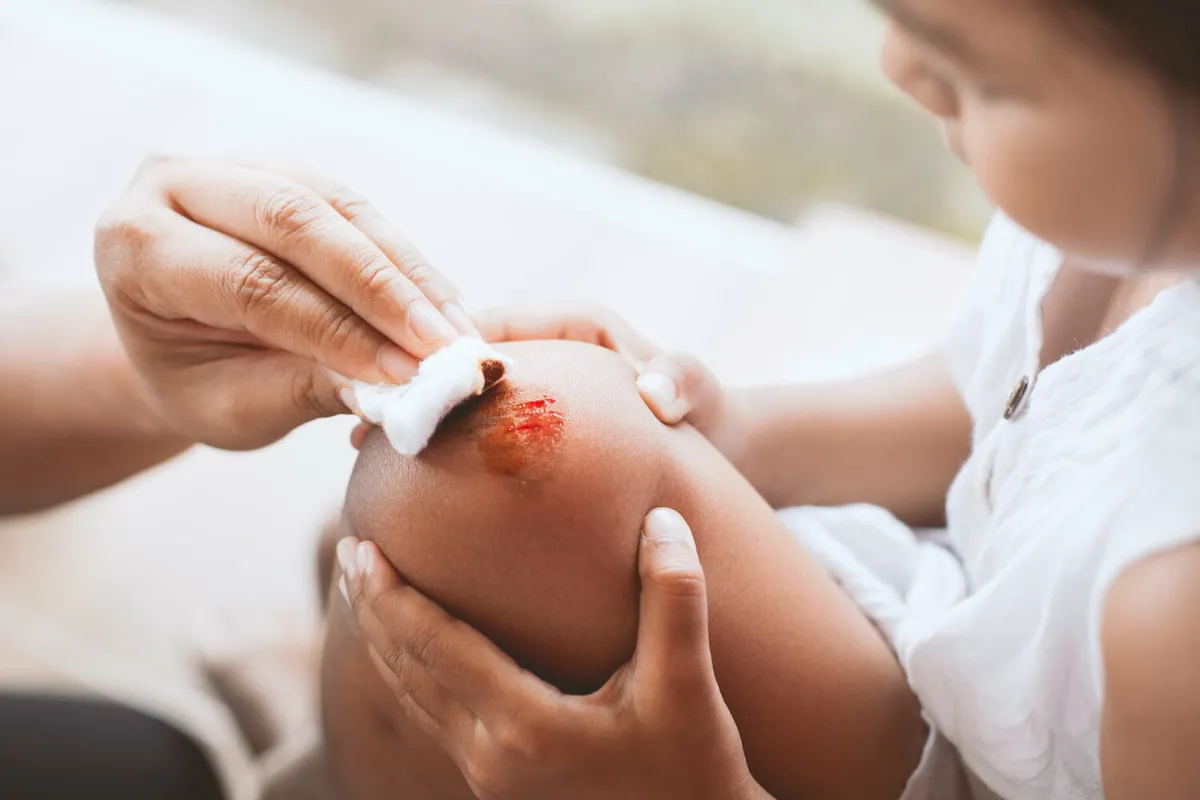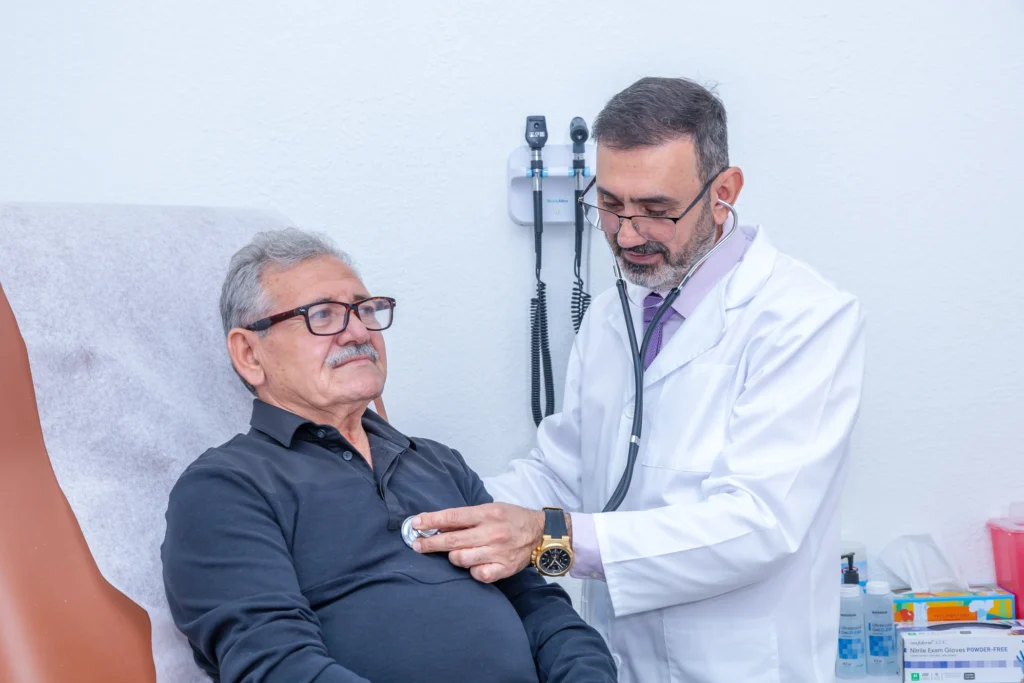Treating Minor Injuries: First Aid and When to Seek Medical Help in Spring
Spring is a beautiful time of year, but with increased outdoor activities comes the risk of minor injuries.
Knowing how to handle these situations can save you time, money, and unnecessary trips to the doctor.
This guide will walk you through first aid basics and help you determine when it’s time to seek professional medical attention, especially if you’re near 5523 Louetta Rd STE C, Spring, TX 77379,, home to Dr. A Patient Care.
First Aid Essentials for Minor Injuries
Having a well-stocked first aid kit and knowing basic first aid techniques are crucial for managing minor injuries at home.

What to Include in Your First Aid Kit:
- Adhesive bandages (various sizes)
- Antiseptic wipes or solution
- Gauze pads and tape
- Pain relievers (ibuprofen, acetaminophen)
- Antihistamine cream or oral medication
- Tweezers
- Scissors
- Instant cold pack
- First aid manual
Common Minor Injuries and How to Treat Them
Let’s break down some common minor injuries and their initial treatment.
For more in-depth information, remember that Dr. A Patient Care offers expert advice on recovery after minor injuries.
Cuts and Scrapes
- Wash the wound thoroughly with soap and water.
- Apply an antiseptic solution.
- Cover with a clean bandage.
- Change the bandage daily.
Sprains and Strains
- Follow the R.I.C.E. method: Rest, Ice, Compression, Elevation.
- Apply ice packs for 20 minutes at a time, several times a day.
- Wrap the injured area with a compression bandage.
- Elevate the injured limb above your heart.
Burns
- Cool the burn immediately with cool (not cold) running water for 10-20 minutes.
- Apply a sterile, non-adhesive bandage.
- Do not apply butter or greasy ointments.
Insect Bites and Stings
- Wash the area with soap and water.
- Apply a cold compress.
- Use an antihistamine cream to relieve itching.
- For bee stings, remove the stinger carefully.
When to Seek Medical Attention
Knowing when to handle a minor injury at home versus seeking professional medical help is important.
Warning Signs That Require Medical Attention
- Deep cuts that don’t stop bleeding after 10 minutes of direct pressure
- Signs of infection (increased pain, redness, swelling, pus)
- Severe burns (especially on the face, hands, feet, or genitals)
- Suspected broken bones
- Head injuries with loss of consciousness, confusion, or severe headache
- Animal bites that break the skin
- Difficulty breathing after an insect sting
Considering your options?
We can help!
Call us at 346-550-8220 or book a consultation to get started.
Comparing Urgent Care vs. Emergency Room
Here’s a table to help you decide where to go based on the severity of the injury:
| Feature | Urgent Care (like Dr. A Patient Care) | Emergency Room |
|---|---|---|
| Severity of Injury | Minor to moderate injuries and illnesses | Severe, life-threatening conditions |
| Wait Time | Generally shorter wait times | Can be long, depending on severity |
| Cost | Lower cost than ER | Higher cost |
| Examples | Sprains, cuts, minor burns, infections | Chest pain, severe bleeding, stroke symptoms |
Frequently Asked Questions (FAQs)
How do I know if my cut is infected?
Signs of infection include increased pain, redness, swelling, pus or drainage from the wound, fever, and swollen lymph nodes.
If you notice any of these symptoms, see a doctor as soon as possible.
Dr. A Patient Care provides excellent wound care management services.
What should I do if I get a tick bite?
Remove the tick carefully using tweezers, grasping it as close to the skin as possible.
Pull straight out with steady pressure.
Clean the area with soap and water.
Monitor for any signs of rash or flu-like symptoms and see a doctor if they develop.
Consider a medical screening to check for Lyme disease if you live in an area where it’s prevalent.
How can I prevent insect bites?
Use insect repellent containing DEET, wear long sleeves and pants when possible, avoid areas with standing water, and use mosquito netting if necessary.
Is it really important to keep my tetanus shot up to date?
Yes!
Tetanus is a serious infection caused by bacteria that can enter the body through a wound.
Boosters are recommended every 10 years.
Stay current with your immunizations at Dr. A Patient Care in Spring, TX.
Understanding these basics of first aid and knowing when to seek professional help can empower you to handle minor injuries effectively this spring.
Remember, Dr. A Patient Care, conveniently located in Spring, TX, is here to provide comprehensive medical care when you need it.
We are committed to the wellbeing of all residents of the 77379 zip code and beyond.
Don’t hesitate to reach out for acute illness visits or contact us with any questions.
Treating Minor Injuries: First Aid and When to Seek Medical Help in Spring is a vital skill for everyone, ensuring you can confidently handle unexpected accidents and keep yourself and your loved ones safe.



